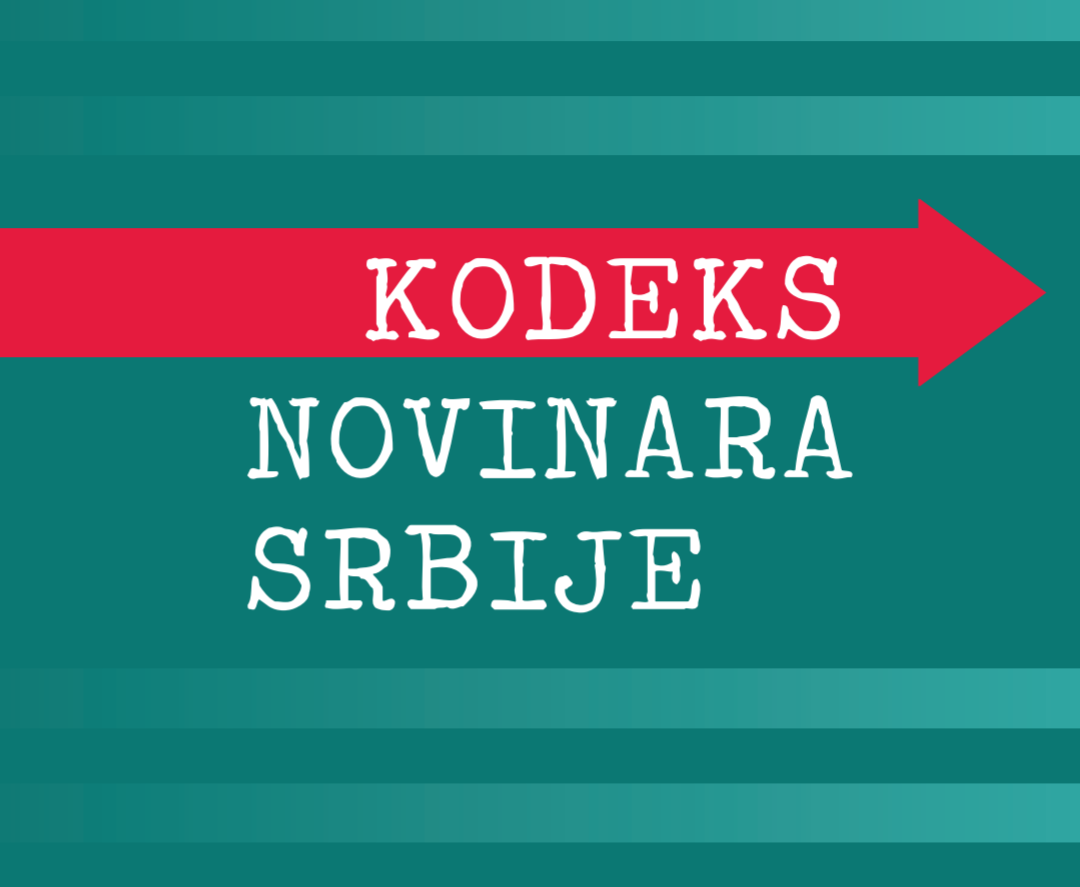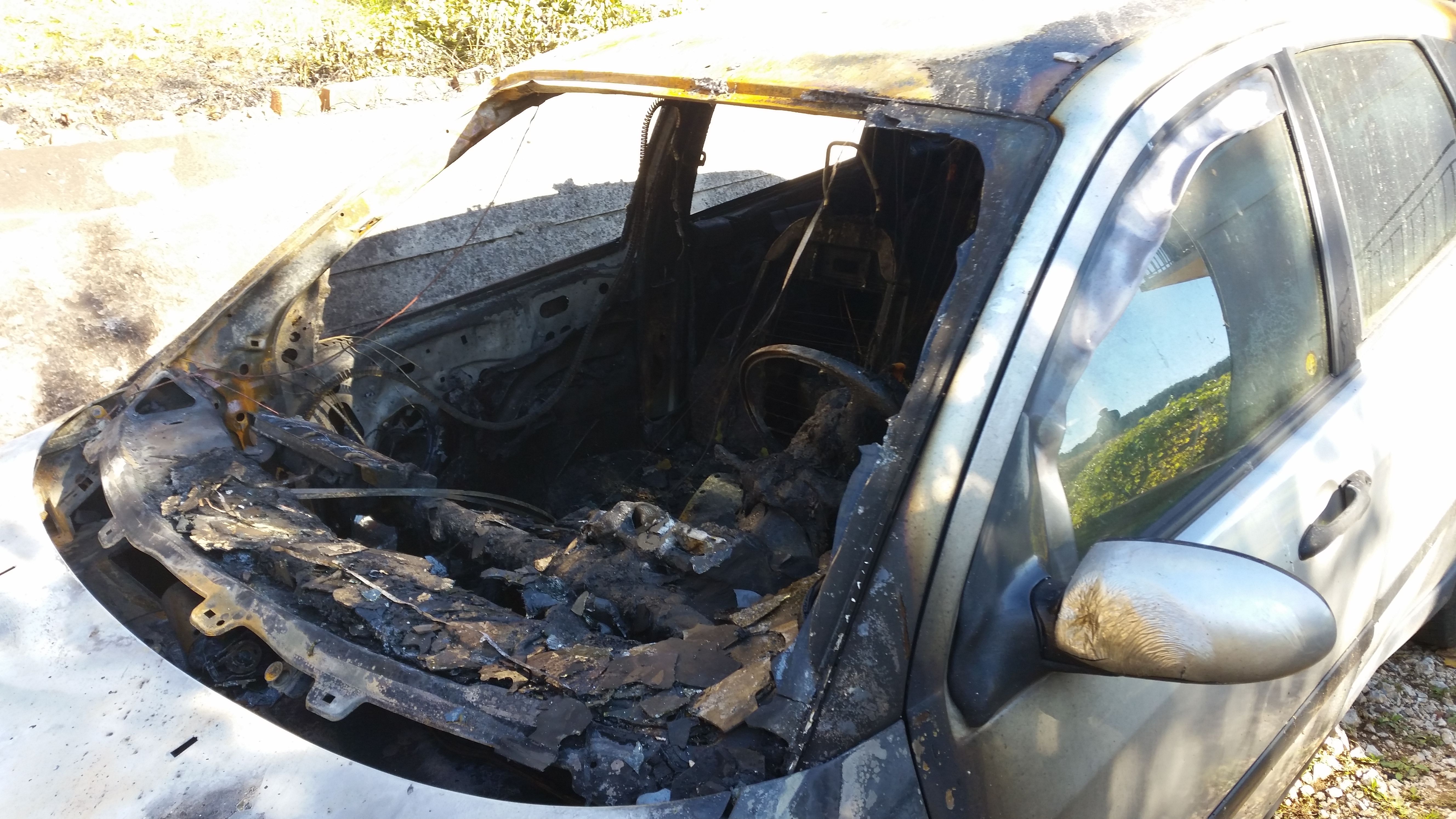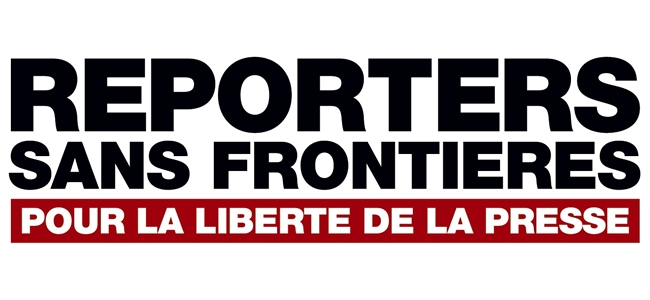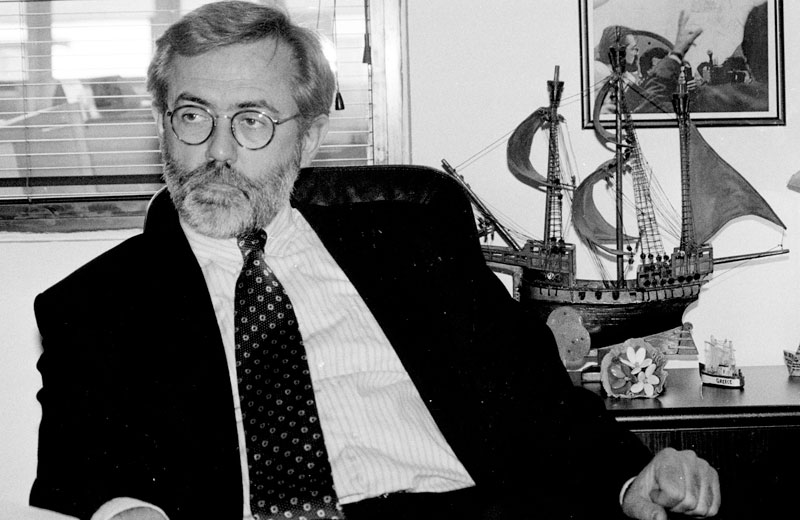BANJA LUKA, 25.12.2017 – The media during pre-election campaigns should not change their only true role, which is responsible reporting in the public interest. If we accept the definition of journalism that says that the first and basic purpose of journalism is to help an individual to make decisions easier[1], then representation of responsible journalism during the pre-election campaign would be overwhelming. We can show parallels in relation to medicine: the doctor’s job is to provide responsible treatment to every patient, no matter who he is and what period of the year he is doing. However, since the responsibility of journalism in Bosnia and Herzegovina is not at a high level[2], it is necessary to analyze the position of journalism and political subjects in extraordinary circumstances, such as the pre-election campaign.
In their ideal form, pre-election campaigns should have the task of presenting electoral candidates to voters, where political actors do not have the obligation of a balanced and independent approach. Moreover, political actors act as products in the political market, they use a marketing approach in order to provide the greatest possible support and outcome. Such an approach is, I note, justified from the point of view of a political actor, with the exclusion of behavior that is characterized by hate speech and inappropriate advertising techniques. On the other hand, the media have a completely opposite role in their specific roles, which is to provide the public with pluralism of information about political candidates, on the basis of which the audience needs to make, change or strengthen their electoral decision.
Presentation of candidates in BiH
The media outlets in BiH can`t fulfill the previously described task, because political parties recognized the effects of the media and somehow took over the editorial policies of the media. Regardless of the Election Law, which in Chapter 16 contains certain articles that sanction the unethical behavior of actors and media (we will cover that topic later), most media do not respect pluralism within their program or content. I will speak about most media outlets, and under this definition, I mean large-scale media, such as three public services (BHRT, FTV and RTRS), the largest commercial broadcasters and the leading print media and portals of both entities. I am not going to deal with new media whose reach and scope is limited, as well as foreign-owned media that still have a completely different editorial policy (Al Jazeera and N1). So, I am talking about pluralism within the media, because I can`t say that there is no media pluralism in BiH. If we return historically in 1644 and Areopagitic from John Milton, we will see that he considered that the task for the media was to provide pluralism of information, and that the audience would sooner or later come to the truth. Today it is difficult to talk about such pluralism, because John Milton assumed that there will never be more than a few media within society. In addition, today’s younger audience mainly collects information from social networks[3], and is often influenced by the so-called Balkanization of the media.[4]
How well do media fulfill their function of fair and independent reporting during pre-election campaigns in BiH? According to the Final Report on the Monitoring of Media Reporting in the Pre-election Campaign in 2016, the results show the difference between commercial and public television stations: commercial media strives for neutral reporting, while public services are biased. The exception is BHRT, which had 98% neutral reporting on candidates, while the most biased was RTRS – in 25% of cases. Another problem identified in this report is the abuse of political functions, so it is often noticed that current officials are in a privileged position when it comes to publicity. Milorad Dodik and Bakir Izetbegovic are the political figures most widely reported about, which is a certain paradox, given that they are presented in local elections in which they were not candidates. This can be explained by two processes: the cult of personality and instrumentalization of the media. In a divided society like BiH, ethno-national leaders have characteristics of a cult of personality, because they are considered to be the main fighters for the declared goals of the constituent people (greater autonomy of the entities, greater centralization of the state, the introduction of a new entity). In this process, the media play a key role, because excessive publicity reduces the space that other political actors can use.
Instrumentalization of media in pre-election campaigns
Instrumentalization of the media is reflected in the use of the following techniques during election campaigns:[5]
- financial assistance in the form of budget allocations, donations and advertising services;
- abuse of political power in the sense of appointing editors and journalists;
- permanent spin in the form of false analysts, logical errors and the exploitation of national themes.
Observed from the perspective of political actors holding political power, it is clear that they have a privileged relationship with the most influential media. They can at any time allocate funds from the budget, either directly (as a help or as a means of financing) or indirectly (lease of advertising space). In addition, money is a decisive factor in the presence of certain political candidates. For example, the largest parties can always finance participation in all tv shows, while independent candidates can`t. In this way, the legal role of public services is forgotten, which should be a corrector in such circumstances. Nevertheless, an example of RTRS shows that they fulfill obligations when it comes to most programs, but when we talk about central news programs and special magazines, then there are noticeable bias.
Another technique is also most visible at entity public services. In order to provide support to the currently ruling party, the opportunity is used to bring key personnel to the key positions (cabinet heads, advisers, etc.). How and in what way they do their job is a completely different issue, but the fact is that there are cases of political placement and clientelism.
Permanent spin is something that is attributed to political parties, and we noted that they do not have the duty of impartial performance. The problem is when the media uncritically convey everything that the parties say, so a situation where certain opinions have more publicity is obtained. If we analyze the appearance of candidates in the Final Report, we see that political candidates are often on the same number of positive and negative representations. However, the problem is that most positive reporting is related only to one or two media, and the same is true for the negative one. This means that a part of the audience that does not follow both media can`t have a complete and wider picture. A similar result is made by Aleksandar Bogdanić and Jelena Ćurguz, stating that RTRS and BN television report as if they were reporting about two different worlds.[6]
BiH Election Law and position of the Media
One of the products of the Final Report and Cooperation of the Association of BH Journalists and Boram Agency with the Coalition Pod Lupom are the recently proposed amendments to the Election Law, i.e. in Article 16 relating to the media. These changes may not change the overall media picture of political representation in the permanent campaign process in the short term, but in the long run it can correct reporting in the official election campaigns.
One of the most important changes is the emphasis on fair and independent representation of all candidates, with an explicit ban on the promotion of the interests of only one political party. This proposed amendment makes the Election Law clearer, since the media would no longer have an alibi in the claim that they do not favor one actor because they want it, but simply expose themselves most.
The most important change is the prohibition of any kind of hate speech and discrimination in the media, with the remark that the media may refuse a paid advertisement containing such elements. In previous election campaigns, the media was hiding behind the fact that they were not hate speech creators, but only their disseminators. This was not enough, because responsible media do not play the role of microphone holders, because they can and should reject any promotion of vulgar insults, discrimination and hate speech.
Also, these amendments include some other chapters which have so far been part of the exclusive code of ethics, but there is clearly a need for legal support in order to keep the media and actors more adhered to. For example, the right to reply should be one of the basic postulates of journalism in general, and here we have a situation where this must be regulated by law. It is the same with the tendency to prevent abuse of publicity, since the Final Report has shown that there are major problems with abuse of position or discriminatory attitude towards women candidates.
Responsible journalism as the only remedy
Responsible journalism may sound like an oxymoron, but in the period of irresponsible journalism it is necessary to insist to prove to public that there is a better way of functioning of the media outlets. While Article 16 of the Election Law is more and more important and more comprehensive, that means that journalism in BiH lacks an elements of public interest. How to, in such circumstances, create better conditions for representing political candidates, while objectives and methods are realistically achievable?
First, it is necessary to democratize the election process in BiH itself. In a situation where we have a lot of complaints about the regularity of the election, a large number of abstainers, submissive or parochial political culture – it’s hard to talk about democratic media. They just become part of the problem, not their solution.
Secondly, in the academic environment that educate young journalists, it is necessary to insist on the adoption of the principle of independence, which can replace impartiality, fairness and balance. If we accept the fact that we live in a highly divided and politicized society, journalists/editors can only be asked to be independent (they do not carry functions in parties, they are not party members, they are not affiliated with politicians, etc.), and as a result we will have fair and balanced reporting. So, it is easier for journalists to learn to be independent than to be fair or honest. If that does not exist, then we have self-censorship situations in which journalists contribute to the problem.
Thirdly, the media can be a platform or arena for different opinions in the pre-election campaign, without looking for money or any other service. For example, in dialog shows, the same conditions can be offered for everyone, where media does not automatically stop the effort to find out this opinion. Prime time is a reason to be a main term on television and radio, so it is not unreasonable to require public services and other commercial media to be arena for different opinion.
Fourth, journalists can offer responsible journalism on the new media platforms: blogs, portals, social networks. We already have examples of media that are responsibly doing their job, which are independent of politics and economics, and whose work significantly influences representation of candidates to be more balanced.
My thesis at the beginning of the text was that political actors should not be required to be objective in their approach, to represent the interests of all citizens and to publicly speak in an objective way. This is not their goal and they have the right to compete in the political market ethically. However, we saw that the same rules do not apply to the media, but just the opposite: if the political parties will not or can`t be impartial, then the media must, because one interest is not – the public interest.
[1] Bill Kovach and Tom Rosenstiel (2006). Elementi novinarstva. CID: Podgorica.
[2] Rea Adilagić (2016). Indikatori nivoa medijskih sloboda i sigurnosti novinara. BH Journalist Association: Sarajevo.
[3] https://www.slobodnaevropa.org/a/glasom-mladih-drustvene-mreze/28604222.html, visited 23.11.2017.
[4] Under balkanization of the media we understand a process in which the audience follows only those media / persons on social networks with whose opinion they agree, while avoiding confrontation with the media that do not disagree with their attitudes.
[5] I note that in BiH we can`t speak about extraordinary circumstances in pre-election campaigns, because through the appearance of political parties, we can speak about undergoing permanent campaigns.
[6] Aleksandar Bogdanić and Jelena Ćurguz. (2015). Novinarnost elektronskih medija u vrijeme izborne kampanje: Uporedna analiza RTRS-a i BN televizije; in Medijska slika: Istraživanja odgovornog novinarstva. Faculty of Political Sciences Banja Luka.
 This article has been produced as a part of the project Western Balkan’s Regional Platform for advocating media freedom and journalists’ safety with the financial assistance of the European Union. The contents of this article are the sole responsibility of the BH Journalists Association and its authors, and can in no circumstances be regarded as reflecting the position of the European Union.
This article has been produced as a part of the project Western Balkan’s Regional Platform for advocating media freedom and journalists’ safety with the financial assistance of the European Union. The contents of this article are the sole responsibility of the BH Journalists Association and its authors, and can in no circumstances be regarded as reflecting the position of the European Union.



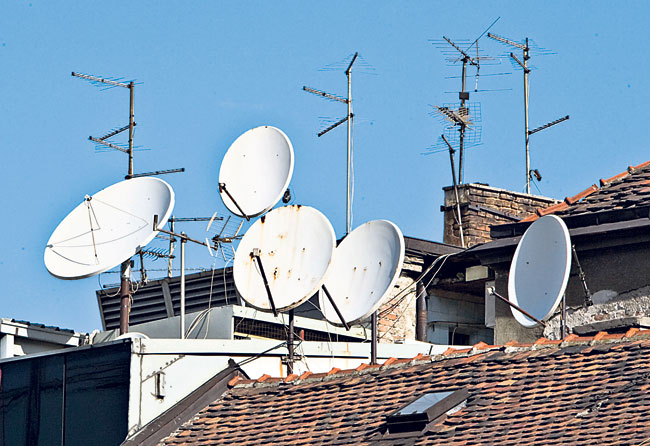
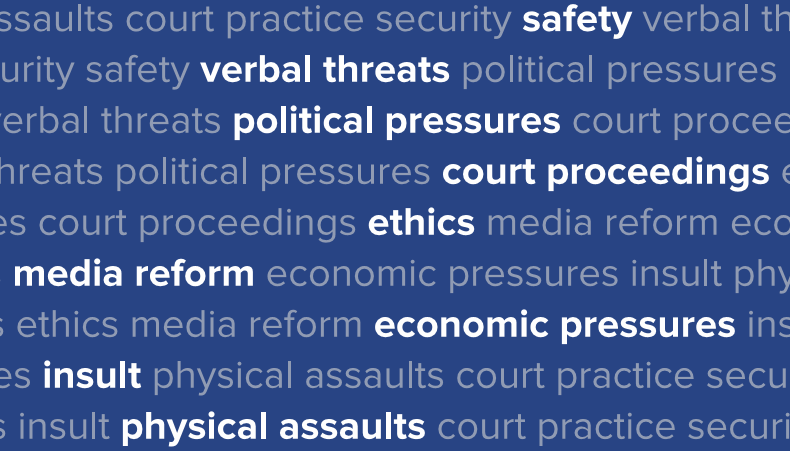
 For more information about cases and trends, please see
For more information about cases and trends, please see 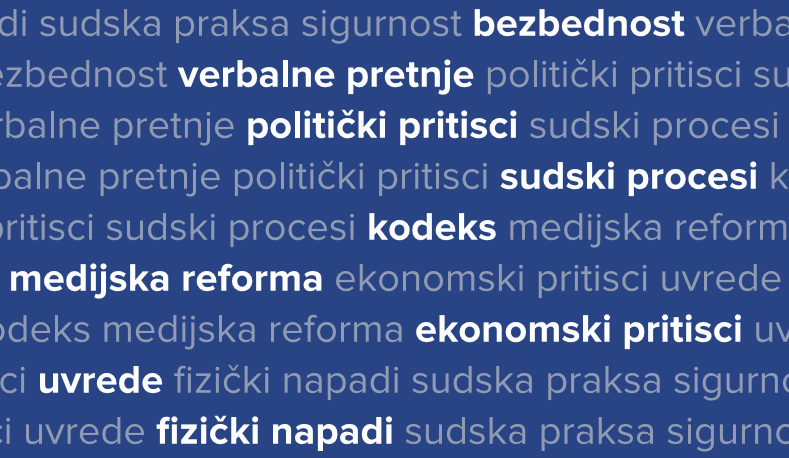
 Za više informacija o trendovima i slučajevima pogledajte
Za više informacija o trendovima i slučajevima pogledajte 
